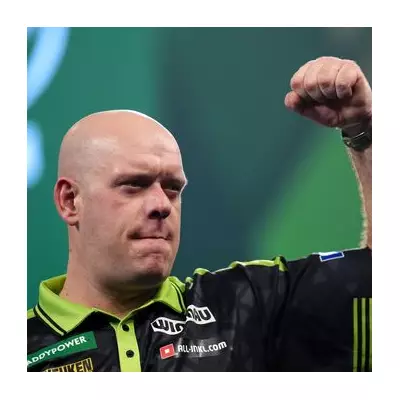
In a raw and deeply moving interview that has sent shockwaves through the sporting world, British boxing icon Ricky Hatton has bravely revealed the profound depths of his mental health struggle following his retirement from the ring.
The former two-weight world champion, known as the 'Hitman' to his legions of fans, broke down in tears as he recounted the crippling depression and suicidal thoughts that plagued him after hanging up his gloves.
The Darkest Days After the Glory
Hatton, who once packed out the City of Manchester Stadium, described a devastating descent into darkness. "I didn't want to be here anymore," he confessed, his voice trembling with emotion. "I was crying my eyes out. I was at the lowest I could ever be."
The boxing hero's candid admission paints a stark picture of the void left after the roar of the crowd fades. The transition from global superstar to retirement proved far more brutal than any opponent he faced in the ring.
A Cry for Help That Went Unheard
Hatton revealed he reached a point where he actively contemplated taking his own life, a secret torment he hid from the world while maintaining a public facade. The relentless pressure of fame, combined with the sudden loss of purpose and identity, created a perfect storm of despair.
His powerful testimony highlights the often-hidden mental health crisis facing athletes when their careers abruptly end, particularly in high-impact sports like boxing where identity becomes inextricably linked to performance.
Breaking the Stigma in Sport
By sharing his story with such vulnerability, the Manchester-born fighter has delivered a powerful blow to the stigma surrounding mental health in traditionally masculine sporting environments. His message serves as a crucial reminder that strength isn't just about physical toughness, but about the courage to confront inner demons.
Hatton's journey from the brink of despair to finding a new purpose in coaching and promoting young fighters offers a beacon of hope to others suffering in silence. His story isn't just about boxing—it's about survival, redemption, and the ongoing battle for mental wellbeing that continues long after the final bell has rung.





